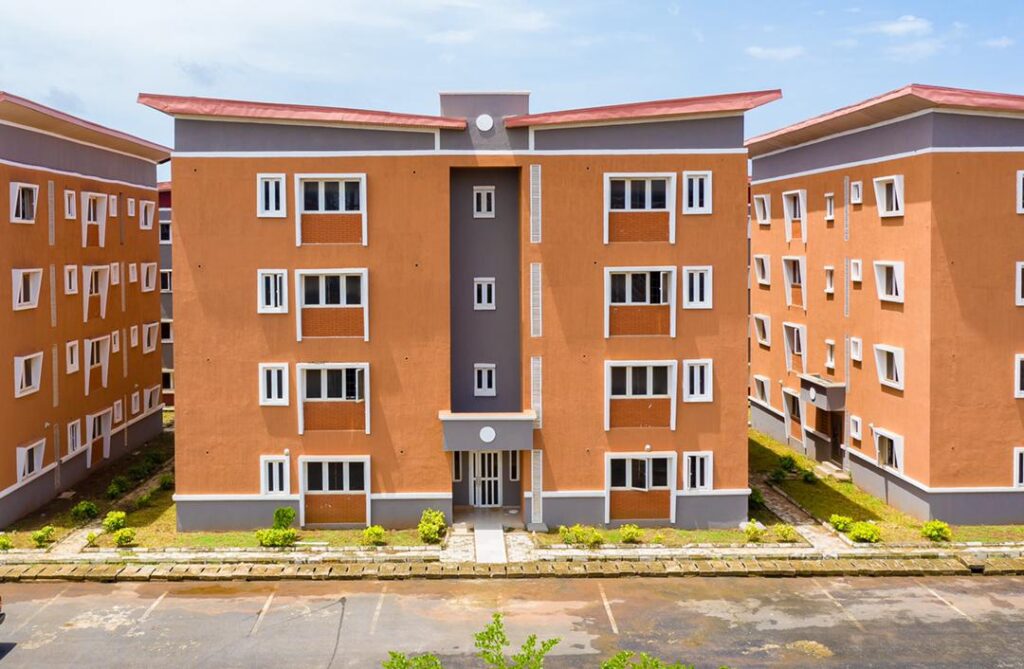Lagos, Nigeria’s bustling economic hub, is a city that attracts thousands of new residents every year. With its promise of opportunity, it’s no surprise that the rental market is constantly buzzing. Among the various rent payment models, monthly rent has gained popularity in recent years—especially among young professionals, small families, and short-term city dwellers. But is it a smart choice or a hidden trap? Let’s break it down.
The Rise of Monthly Rent in Lagos
Traditionally, renting a home in Lagos meant paying one or two years’ rent upfront. This system placed a heavy financial burden on tenants and often made decent housing unaffordable. However, the growing influence of proptech startups, landlord-tenant advocacy, and increased regulation has ushered in more flexible rental payment options—monthly rent being the most notable.
The appeal is clear: it reduces the entry barrier for renters, especially in a city where inflation and job insecurity make large upfront payments risky or impossible.
Why Monthly Rent Sounds Smart
- Affordability and Flexibility
One of the biggest advantages of monthly rent is that it allows tenants to manage their cash flow better. Instead of saving for months (or even years) to pay rent upfront, tenants can budget more effectively and free up funds for other expenses like transportation, feeding, or savings. - Easier Exit Strategy
Monthly rent is ideal for people who aren’t ready to commit long-term—such as those on short-term contracts, project workers, or people still trying to settle into the city. If a location turns out to be inconvenient, unsafe, or otherwise unsuitable, it’s easier to move out without losing a year’s worth of rent. - Reduced Risk in Property Choice
When tenants are unsure about a neighborhood or a particular property, monthly rent offers a way to “test drive” the experience without a massive financial gamble. This is especially important in a market like Lagos, where rental listings don’t always match reality. - Increased Tenant Empowerment
The ability to pay monthly also shifts a bit of power to tenants, keeping landlords more accountable. If a landlord fails to maintain a property or violates terms, the tenant can choose not to renew without much loss.
The Hidden Traps to Watch Out For
As attractive as monthly rent may seem, it comes with a few caveats that renters must be wary of.
- Higher Long-Term Cost
Landlords offering monthly rent often charge a premium. This means the total cost over a year can be significantly higher than if you had paid annually. It’s like paying in installments with added interest. - Insecurity of Tenure
Monthly arrangements can be less secure. A landlord could give you short notice to vacate or suddenly increase the rent. Without a solid tenancy agreement, tenants may find themselves displaced with little warning. - Limited Property Options
Not all landlords are open to monthly rent, especially in high-demand neighborhoods. This limits your choices and might force you to settle for less desirable properties or locations. - Hidden Fees and Conditions
Some agents or landlords may add extra charges to compensate for the perceived risk of monthly payments. These might include higher service charges, upfront deposits for several months (defeating the purpose), or strict penalties for late payment. - Less Negotiation Power
Tenants paying annually often have more room to negotiate lower rent or better terms. With monthly rent, you’re more likely to accept what’s on offer because the short-term flexibility often comes at the cost of negotiation leverage.
What You Should Do Before Opting for Monthly Rent
- Read the Fine Print
Always insist on a tenancy agreement. Read every clause carefully—especially around eviction, rent increases, and maintenance responsibilities. - Inspect the Property in Person
Never rely solely on online listings or agents’ promises. Visit the property, talk to neighbors if possible, and verify things like water supply, electricity, and security. - Confirm Payment Structure
Ensure clarity on what’s included in the rent. Does it cover service charges, waste disposal, or security? Is there a refundable deposit? Are there penalties for late payment? - Use Reputable Platforms or Agents
To avoid scams, use trusted real estate platforms or agents with verifiable records. There are many horror stories of people paying for nonexistent apartments or being evicted abruptly.
Final Verdict: Smart Choice or Hidden Trap?
Monthly rent in Lagos can be both a smart choice and a hidden trap—it all depends on how informed and prepared the tenant is. For those who value flexibility, are testing the waters, or can’t afford a large lump sum, monthly rent provides a practical solution. However, without due diligence, tenants could end up paying more in the long run or facing avoidable stress.
So, before you sign that monthly rent agreement, do your homework, ask the right questions, and ensure the terms work in your favor. Because in a city as dynamic (and sometimes unpredictable) as Lagos, being smart is not just an option—it’s a necessity.


